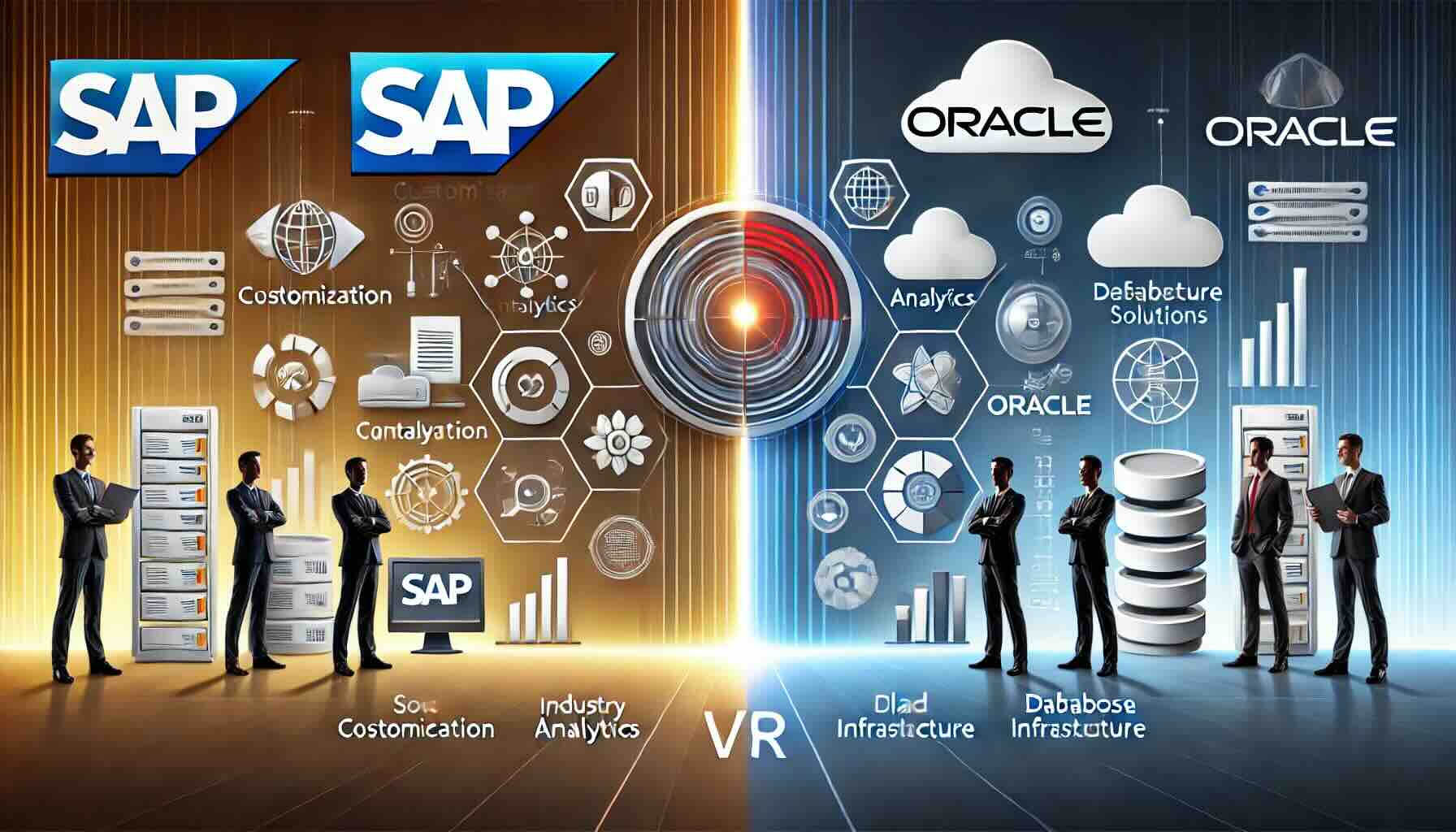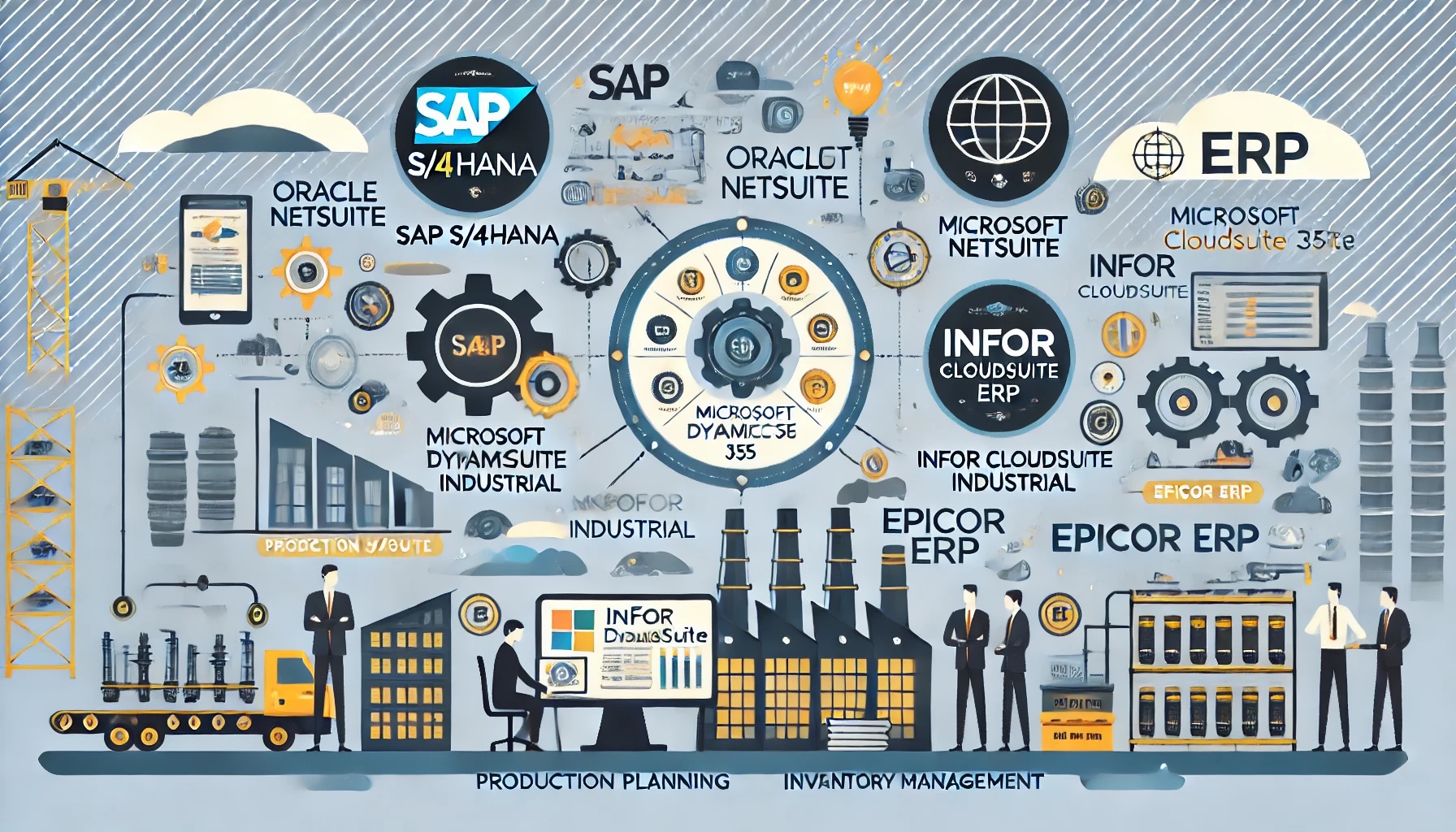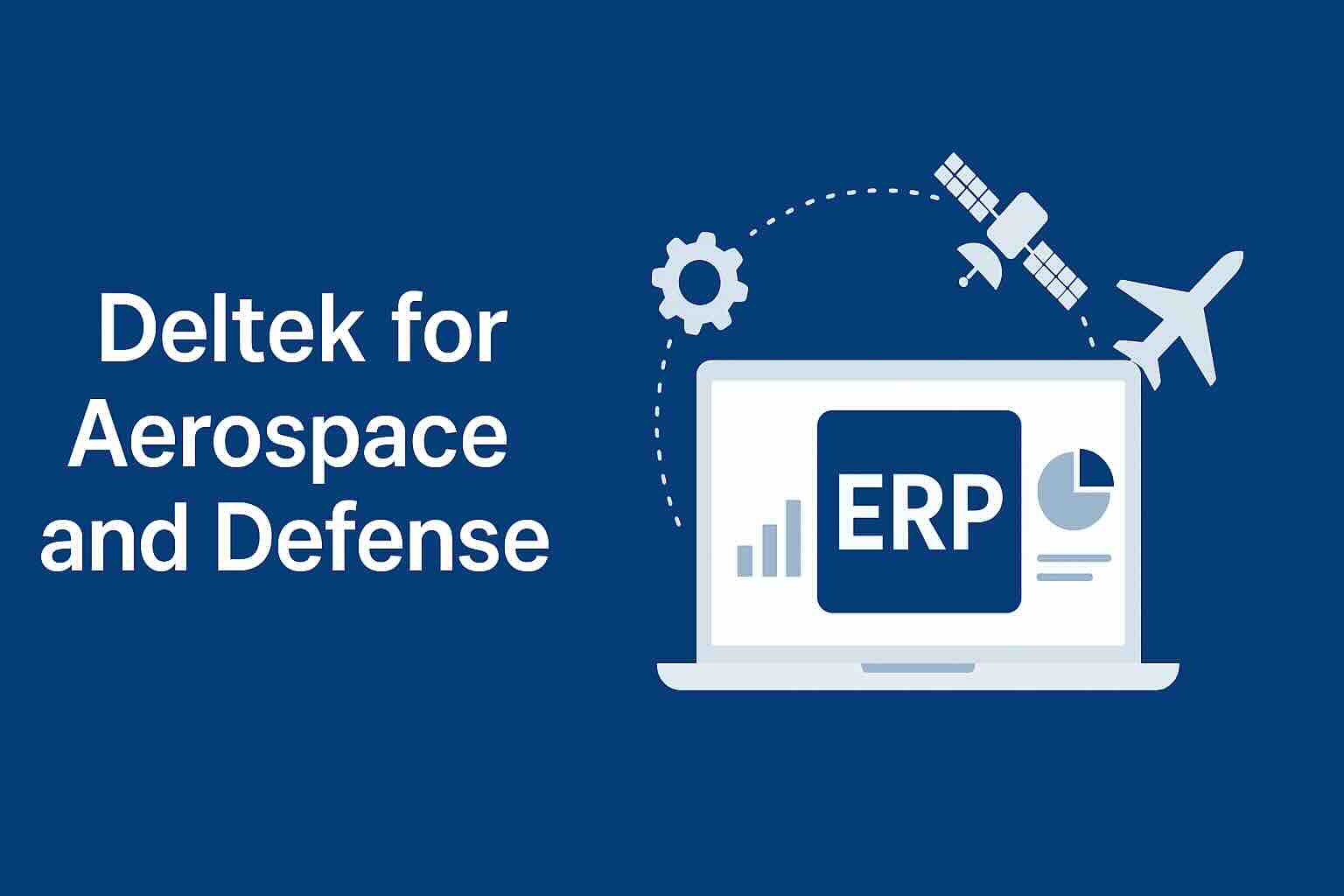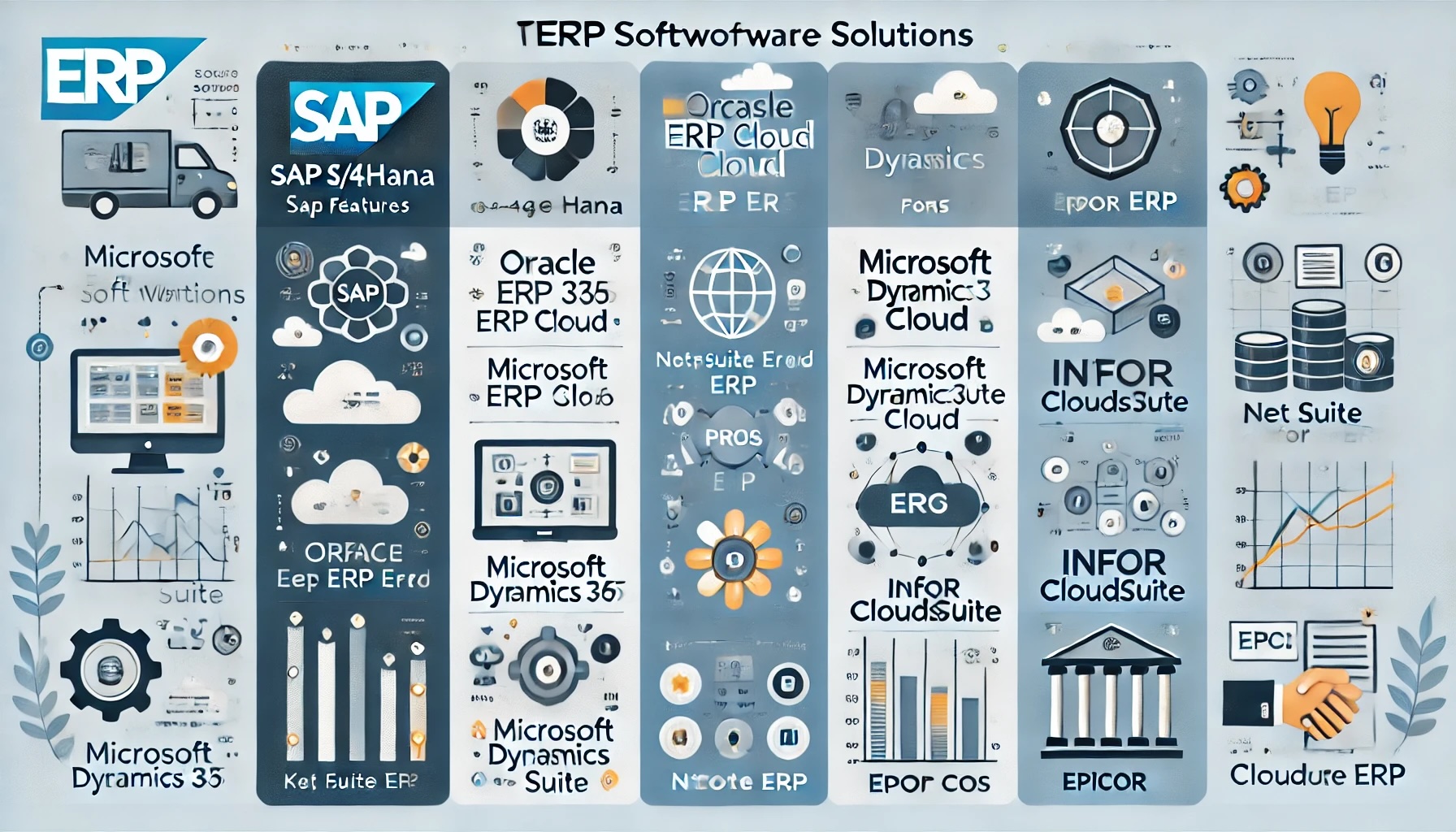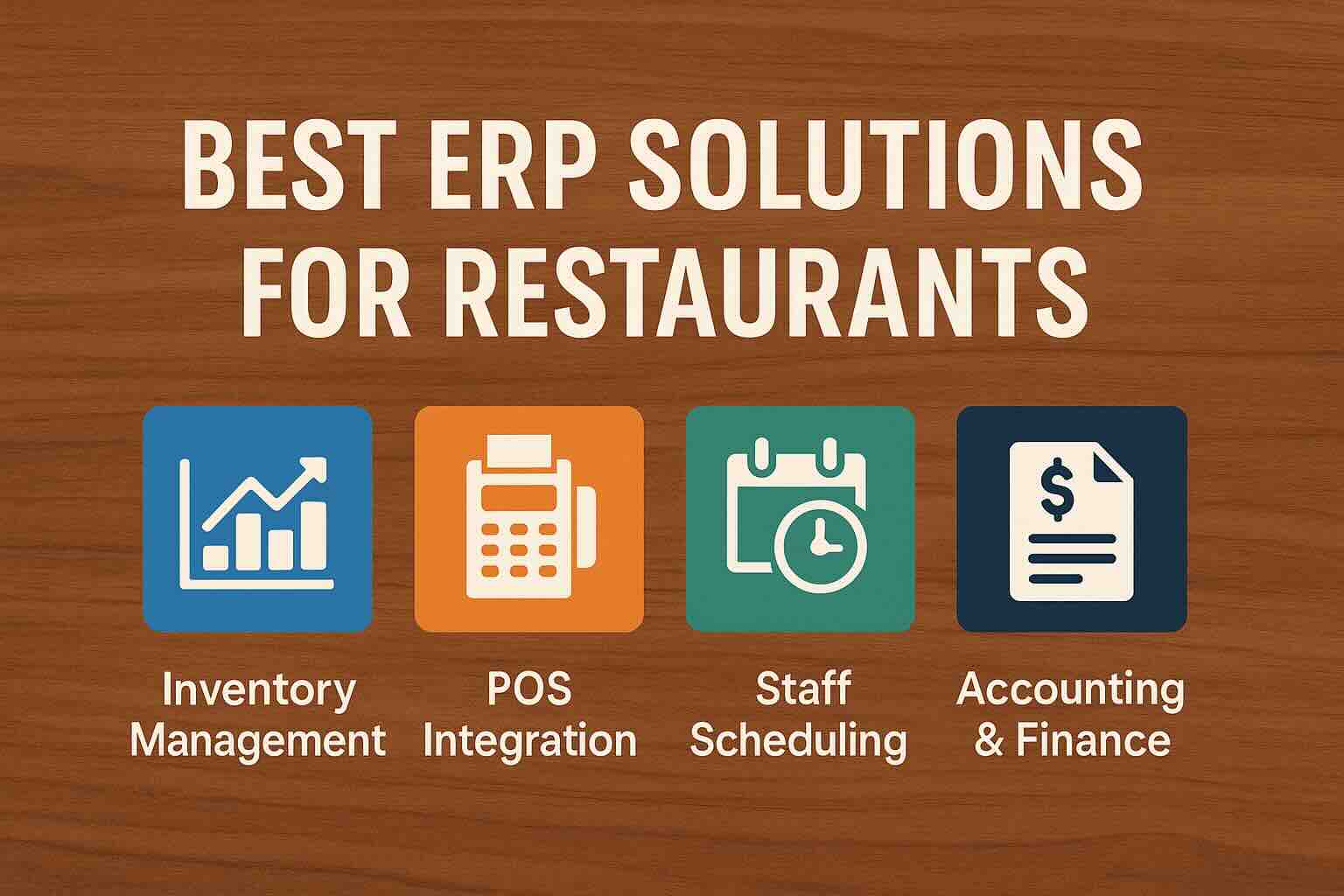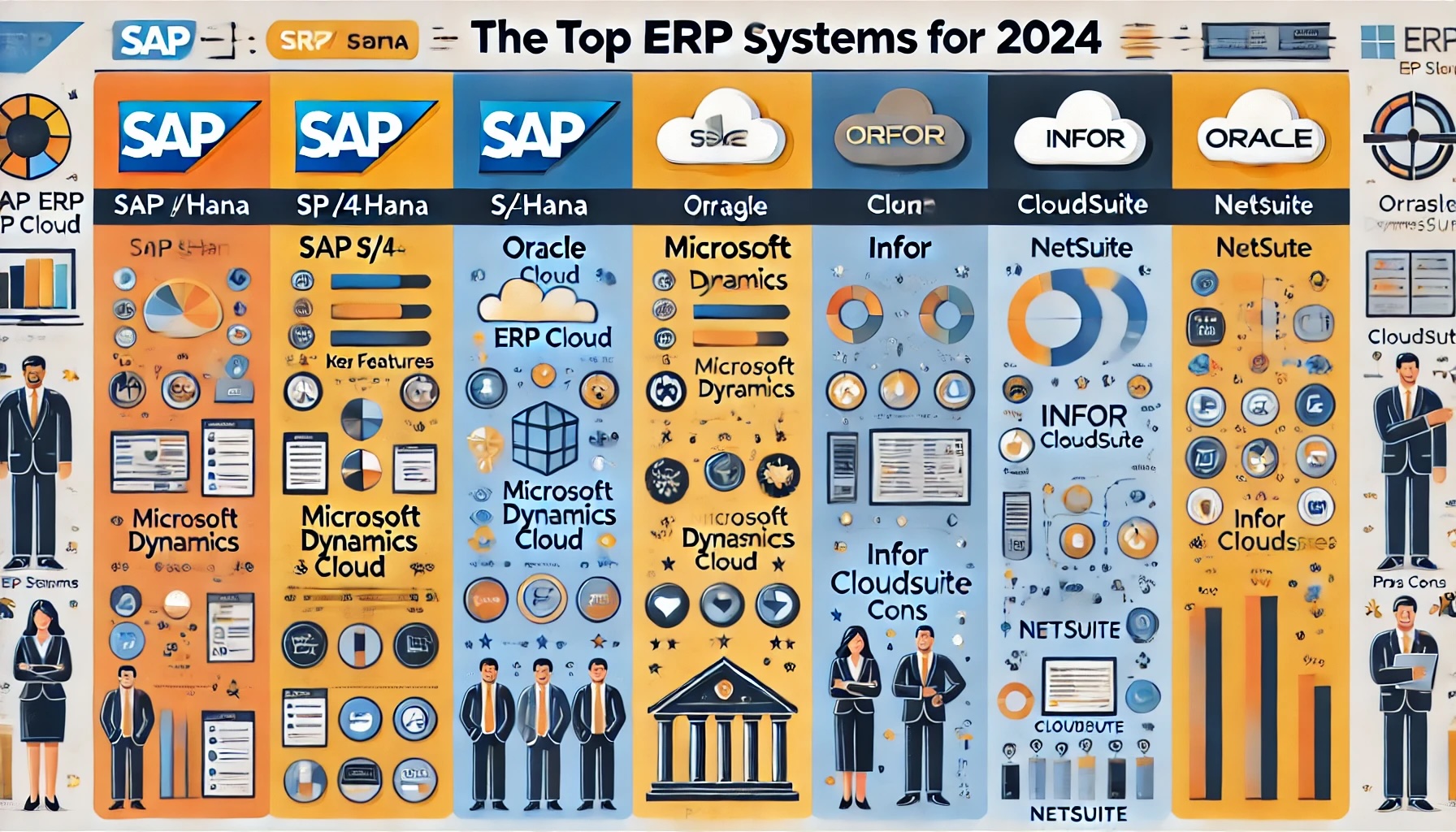Epicor vs NetSuite: Which ERP Solution is Right for Your Business?
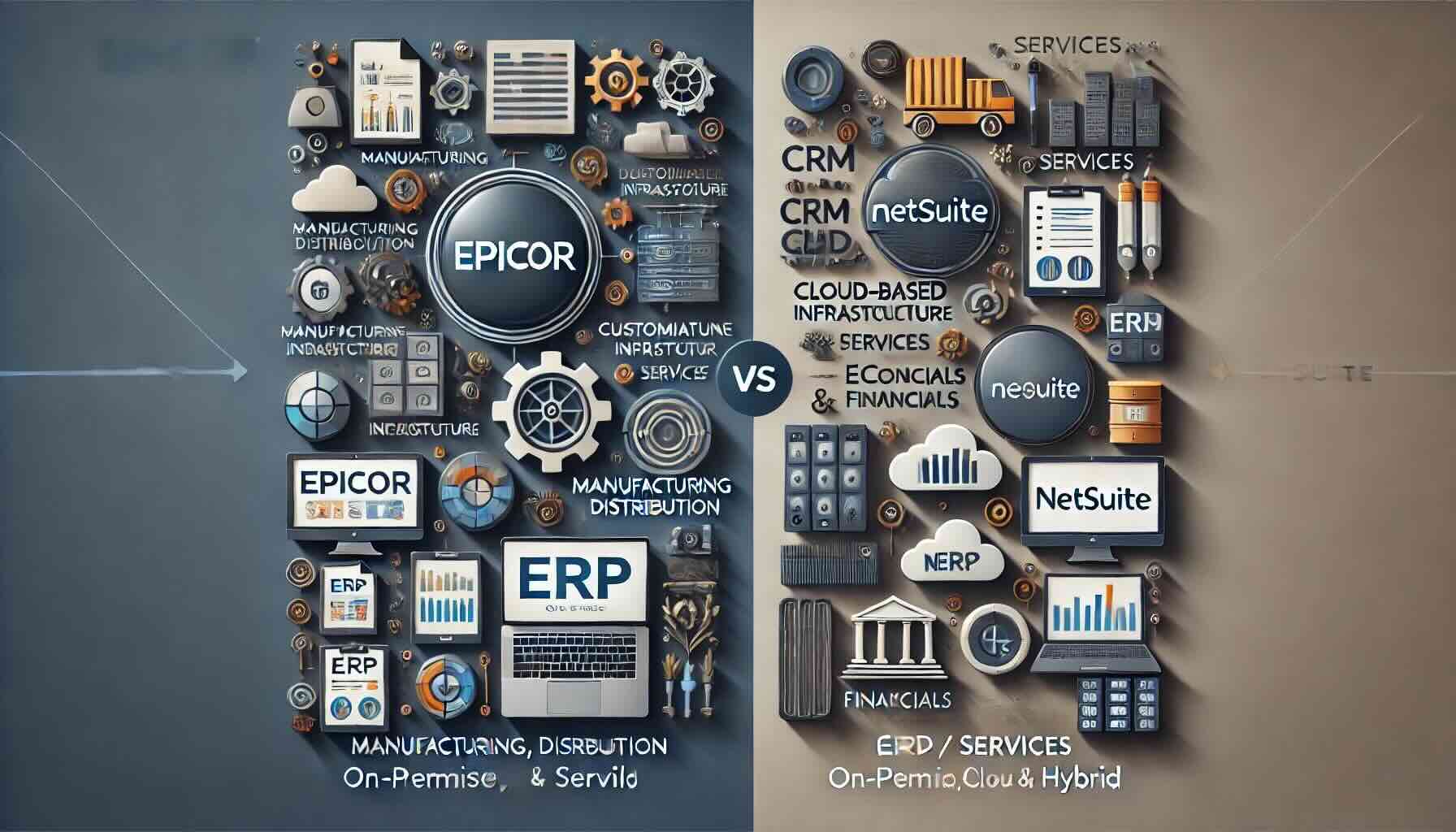
In today’s competitive business environment, selecting the right Enterprise Resource Planning (ERP) system is crucial. Two of the most popular options on the market are Epicor and NetSuite. This comprehensive comparison of Epicor vs NetSuite will help you make an informed decision on which ERP solution best fits your company’s needs.
Introduction to Epicor and NetSuite
What is Epicor?
Epicor is a well-established ERP provider known for its comprehensive, industry-specific solutions. Epicor offers robust modules for manufacturing, distribution, retail, and services, making it a versatile choice for many industries. Its deep functionality and customization capabilities allow businesses to tailor the software to their unique requirements.
What is NetSuite?
NetSuite, a product of Oracle, is a leading cloud-based ERP solution. It offers a unified business management suite, encompassing ERP/Financials, CRM, and eCommerce for more than 27,000 customers. NetSuite’s cloud infrastructure enables real-time access to information from anywhere, providing flexibility and scalability for growing businesses.
Key Features Comparison: Epicor vs NetSuite
Customization and Flexibility
Epicor:
- Extensive Customization Options: Tailors ERP functionalities to specific industries, allowing for precise adaptation to unique business processes and workflows.
- Multiple Deployment Options: Offers on-premise, cloud, and hybrid deployments, catering to varied business environments and IT infrastructure preferences.
- Scalability: Can grow with your business, making it suitable for medium to large enterprises with evolving needs.
NetSuite:
- Cloud-Native Customization: Uses SuiteScript, SuiteFlow, and SuiteBuilder for customization, providing a robust framework for tailoring the software.
- Seamless Cloud Experience: Being fully cloud-based, it ensures easy updates, reduced IT overhead, and continuous access to the latest features.
- Flexible and Scalable: Designed to support businesses of all sizes, offering scalable solutions that grow with your business needs.
User Interface and Experience
Epicor:
- Modern Interface: Features a user-friendly design focused on delivering extensive functionalities efficiently.
- Learning Curve: Due to its rich feature set, users may experience a steeper learning curve, necessitating thorough training.
- Mobile and Remote Support: Strong support for mobile devices and remote access, ensuring productivity on the go.
NetSuite:
- Intuitive Design: Offers a clean and straightforward interface, making it easy for users to navigate and perform tasks efficiently.
- Ease of Adoption: Quick to learn and adopt, even for users without extensive technical backgrounds.
- Real-Time Accessibility: Provides excellent mobile accessibility with real-time data updates, ensuring up-to-date information is always at your fingertips.
Integration Capabilities
Epicor:
- Robust Third-Party Integration: Supports a wide range of third-party applications, enhancing its versatility and adaptability.
- Industry-Specific Tools: Integrates well with industry-specific tools and technologies, providing specialized support for diverse sectors.
- Technical Expertise Required: Integration may require additional customization and technical expertise to align with unique business requirements.
NetSuite:
- SuiteCloud Integration: Seamlessly integrates with various applications through SuiteCloud, offering a unified and efficient integration platform.
- Ecosystem of Connectors and APIs: Rich ecosystem of pre-built connectors and APIs facilitates quick and easy integrations.
- Simplified Integration Process: Easier and quicker to integrate due to its cloud-native architecture, minimizing disruptions during the integration phase.
Pricing Structure
Epicor:
- Per-User Pricing Model: Pricing varies based on the number of users and the extent of customization and deployment options chosen.
- Cost-Effectiveness for Large Enterprises: Can be cost-effective for large organizations with specific industry needs due to its tailored approach.
- Higher Initial Costs: Implementation and customization can result in higher upfront costs, although these can be offset by long-term benefits.
NetSuite:
- Subscription-Based Pricing: Typically charged annually, with different editions and modules tailored to various business sizes and needs.
- Transparent Pricing: Clear pricing structure with predefined costs for various features and services.
- Lower Upfront Costs: Lower initial investment compared to traditional ERP systems, although total cost of ownership can vary based on the extent of usage and additional modules.
Pros and Cons: Epicor vs NetSuite
Epicor
Pros:
- Industry-Specific Functionalities: Provides deep functionalities tailored to specific industries, enhancing operational efficiency.
- Customizable and Flexible: Highly adaptable to meet the unique requirements of different business processes.
- Deployment Flexibility: Offers on-premise, cloud, and hybrid deployment options, allowing businesses to choose the best fit for their IT strategy.
Cons:
- Higher Initial Costs: Significant upfront investment for implementation and customization.
- Steeper Learning Curve: Users may require extensive training to fully leverage its comprehensive features.
- Longer Implementation Time: Customization and integration can extend the implementation timeline.
NetSuite
Pros:
- Cloud-Based Infrastructure: Fully cloud-based, ensuring easy access, seamless updates, and reduced IT overhead.
- User-Friendly Interface: Intuitive and easy to use, promoting quick adoption across the organization.
- Strong Integration and Scalability: Excellent integration capabilities and scalability to support growing businesses.
Cons:
- Limited On-Premise Options: Primarily a cloud-based solution, which may not suit businesses with specific on-premise requirements.
- Complex Customization: Customization for highly specialized needs can be complex and may require technical expertise.
- Variable Subscription Costs: Annual subscription costs can add up, especially with additional modules and extensive usage.
Which ERP is Right for You?
Choosing between Epicor vs NetSuite depends largely on your business size, industry, and specific needs. Epicor is a strong contender for businesses seeking deep industry-specific solutions with flexible deployment options. On the other hand, NetSuite excels for companies that prioritize a cloud-based, scalable solution with a unified suite of applications.
Consider Your Business Needs
- Industry Requirements: If your business operates in a niche industry, Epicor’s specialized solutions might be more suitable.
- Deployment Preferences: For those looking for a purely cloud-based system, NetSuite is a clear winner.
- Budget Constraints: Consider the total cost of ownership, including initial implementation and long-term subscription fees.
Conclusion
The decision between Epicor vs NetSuite is not a one-size-fits-all. By carefully evaluating your business needs, budget, and long-term goals, you can choose the ERP solution that will best support your company’s growth and efficiency. Both Epicor and NetSuite offer powerful tools to help you streamline operations, improve productivity, and drive success.
To compare Epicor, Netsuite and many more ERP solutions, you can use our new AI-powered Compare ERP tool. It’s free to use and you get a guaranteed discount on your first year’s licence fees with a referral from Compare ERP.
